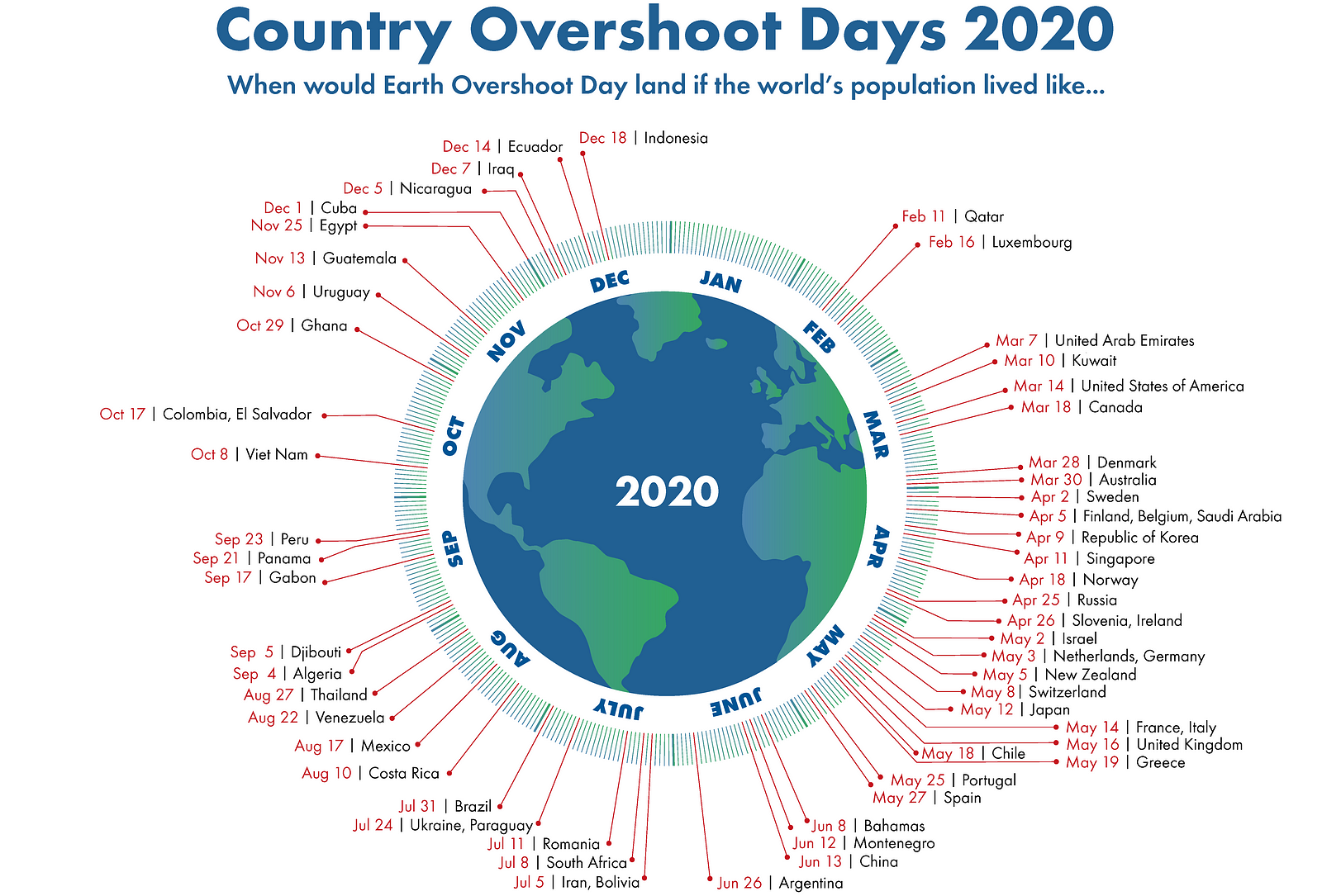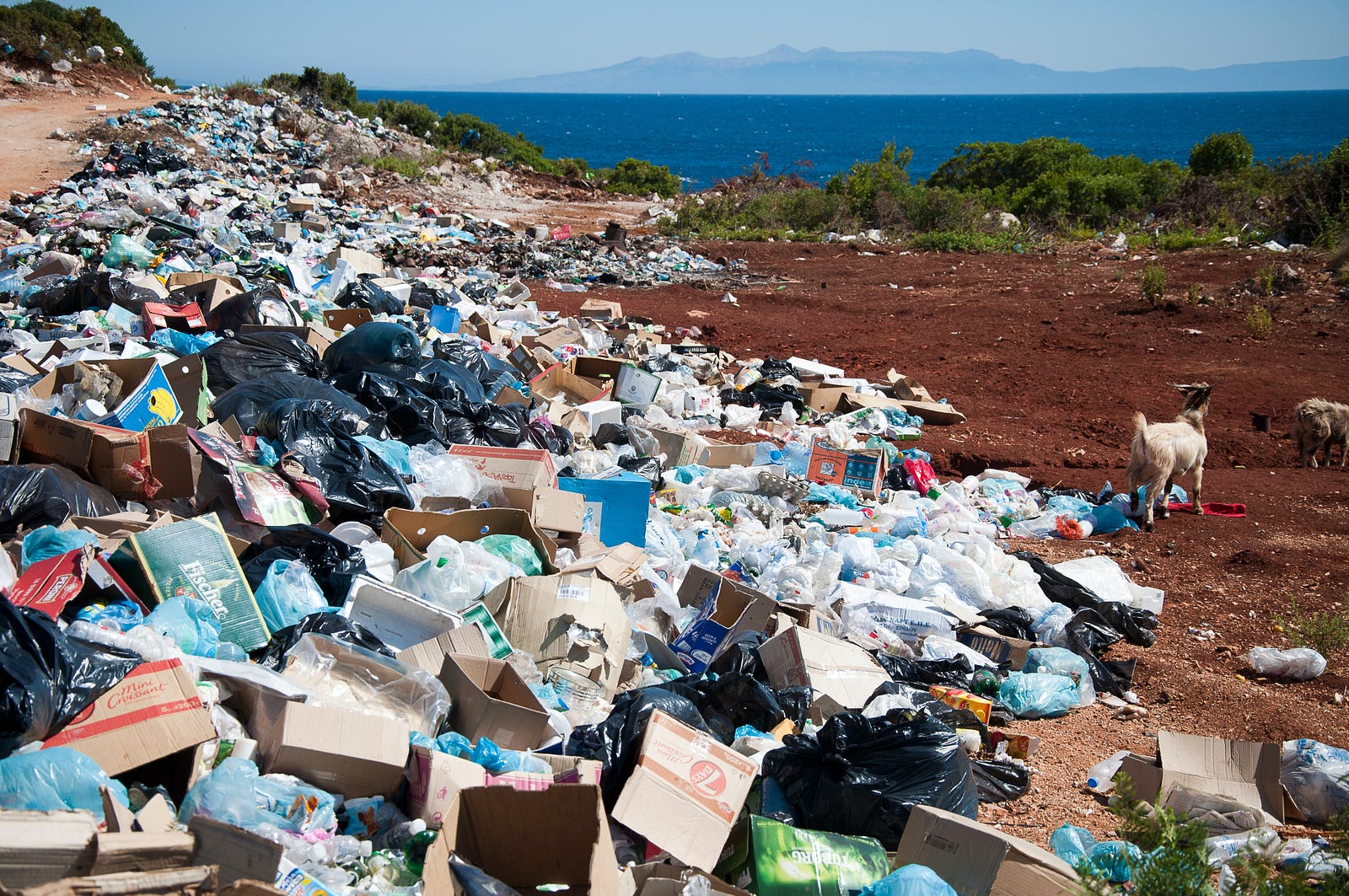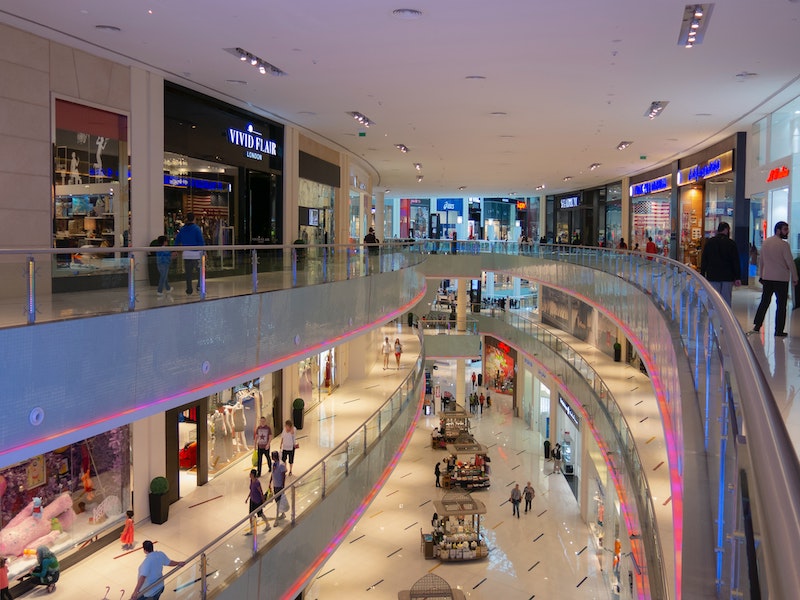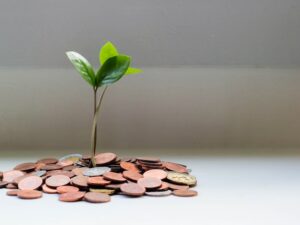Shopping centres used to be the heart and soul of a town — full of hustle and bustle as people darted from one shop to the next to spend their hard-earned cash. Like a congregation coming together to celebrate mass at church, people would go to the shopping centre on the weekend to worship the secular god of our time, materialism.
But the town centre as we know it is dying and we have a crisis on our hands. Not because the worshippers have abandoned the faith, oh no.
Shopping centres are dying because so many people are choosing to shop online. The crisis of the town centre is that now brands are leaving in droves, no one has any idea what to do with the town centre.
Unyielding faith in consumption
This fact perhaps represents how much our reality is shaped by consumerism. For as long as anyone can remember, the shopping centre was full of shops.
To imagine a town centre as anything else is unthinkable, and to imagine people as anything other than consumers is also unimaginable.
Consumption is so important and has become embedded in how we do things because the economy depends on us behaving like consumers.
Consumption is the fuel that keeps the wheels of our economy turning. If people were to stop buying stuff, our economy, which is designed around continuous growth, would ground to a halt.
Companies would soon go out of business because they would be unable to generate any revenue. As a result, huge numbers of people would become unemployed. Banks would stop lending money because they would fear no returns on their investment. Capital would dry up, and the system would rip apart at the seams.
Consumption then is rather important.
So many choices
That’s why the town centre and the high street have been inextricably connected. The church was a symbol of the religious institution that controlled society. The shopping centre is its modern-day equivalent.
And every aspect of our lives is intertwined in one way or another with consumption.
As an individual, you are no longer referred to (or seen) as a person. You are a consumer. Your function and value to society depend on you buying stuff.
In developed nations, our primary needs are (on the whole) easily met, meaning people can now focus all of their attention on self-expression. Through the stuff we own, we can express how successful we are in life. If you can afford expensive things, it’s logical to assume you have a successful career.
The thing consumers value above all else is choice. Through an abundance of choices in the marketplace, we can express our individualism. And this self-expression is vital to our self-identity, which feeds our sense of importance and social worth.
That’s why with anything you want to buy, there are thousands of different options.
And because there is so much choice, the idea of having ‘enough’ is sinful. There is always something else to desire, that new phone you want, an amazing pair of shoes you’ve seen, or the latest pair of sneakers. You are never content because as soon as you buy an item, there is always something else to buy.
Materialism has become embedded in how we see ourselves and how we perceive others. In short, we have become consumed by consumption.
Eating Earth alive
The real brilliance of consumption is that it is a religion that discriminates against no one. Other than the poor, who don’t have enough to provide for their needs, let alone buy stuff they don’t need.
There is no code of conduct, no rules to follow or abide by; the only thing you need to have faith in is the stuff you own and the stuff you desire to own. It is an intoxicating way of living that the developed world has become addicted to.
A major issue with consumption is that it has a disastrous impact on the environment.
Earth Overshoot Day is a symbol of how unsustainable a consumer-centric lifestyle is. “Earth Overshoot Day marks the date when humanity’s demand for ecological resources and services in a given year exceeds what Earth can regenerate in that year.” Leading to an ecological debt we can’t pay back.
Overshoot Day landed on 22nd August last year — hardly an occasion to celebrate.

As the graphic shows, the consumption habits of different countries aren’t the same. If we all lived like Indonesians, Earth Overshoot Day would land on December 18th — meaning we’d be closer to living in a sustainable world. On the other hand, if everyone consumed at the same rate as Qatar, we would exceed the Earths carrying capacity on February 11th. A terrifying prospect!
What the graphic symbolises is humanity is out of balance. Where some countries consume far too much, and others don’t consume enough. But, because the Western model is idolised, everyone aspires to join the faith and lead a consumer-centric lifestyle.
Drowning in waste
As more and more people join the global middle class, more people can lead a western lifestyle driven by consumption. When you consider the global middle class is set to reach 5.3 billion people by 2030, you come to realise the enormity of the problem we face.
While overshoot is a graphic reminder of how unsustainable consumerism is, with a growing middle class, the problem is set to get much worse.
Perhaps the worst part of it all is that consumption creates waste — lots and lots of waste.
Each year we produce over two billion tonnes of waste. And with consumption increasing with every person who joins the global middle class, by 2050, global waste is set to reach 3.4 billion tonnes per year.

The waste may look unsightly, but it also releases 1.6 billion tonnes of carbon dioxide — 5 per cent of global carbon emissions.
Then there’s the plastic. The world produces 381 million tonnes of plastic waste yearly — 50% of this is single-use plastic. We know single-use plastic has destructive environmental consequences, yet plastic waste is set to double by 2034.
Plastic in the oceans kills 100,00 marine creatures, as well as 1 million birds.
This can not continue indefinitely without having disastrous consequences. The longer waste is a direct outcome of our economy, the more pressure we place on ecological cycles that are already at a breaking point due to the ecological debt we have created.
When they do break, it will be far too late to do anything about it.
The dilemma
To stop creating so much waste, we need to stop encouraging people to buy stuff. But that is the very thing that we must keep doing. If we don’t, the economy will break down. We may well be drowning in stuff, but we must continue adding to the pile.
Telling people to recycle is a waste of time if we encourage everyone to buy stuff they don’t need. In fact, only 19 per cent of waste is currently recovered through recycling.
The best solution to waste is to stop producing so much stuff that turns into waste in the first place.
A sustainable world is not possible if a consumer-centric culture exists. One cannot be if the other is a fabric of our economy and society.
This shows the monumental challenges we face in dealing with the environmental crisis. Because now, with so many people converted to a materialistic way of life, they won’t give up the lifestyle. Like a religion, people have become indoctrinated to the point where the stuff they own is more important to them than the environment we rely on for life itself.
The choice is ours
As consumption is destroying the environment, we have two choices.
We can either voluntarily give up a consumer-centric lifestyle. Or, we can continue ravenously buying stuff.
The former won’t happen because people are now indoctrinated by consumption. And so the latter will continue. The problem with it doing so is the environment has limits. There is only so much abuse it can take before it changes because of that abuse.
If the environment changes, we may be forced to give up consumption because suddenly it might not be so easy to provide for people’s basic needs. If food is running short, you imagine people will focus on getting enough to eat rather than focusing on buying stuff to impress others.
The concern is that so many people’s lives have become so intertwined with the stuff they own that having to give it all up will be a traumatising experience. Similar to finding out God doesn’t exist. It will leave many unable to cope with a changing reality. Yet, so long as we continue behaving as we do, that changing reality is upon us.



